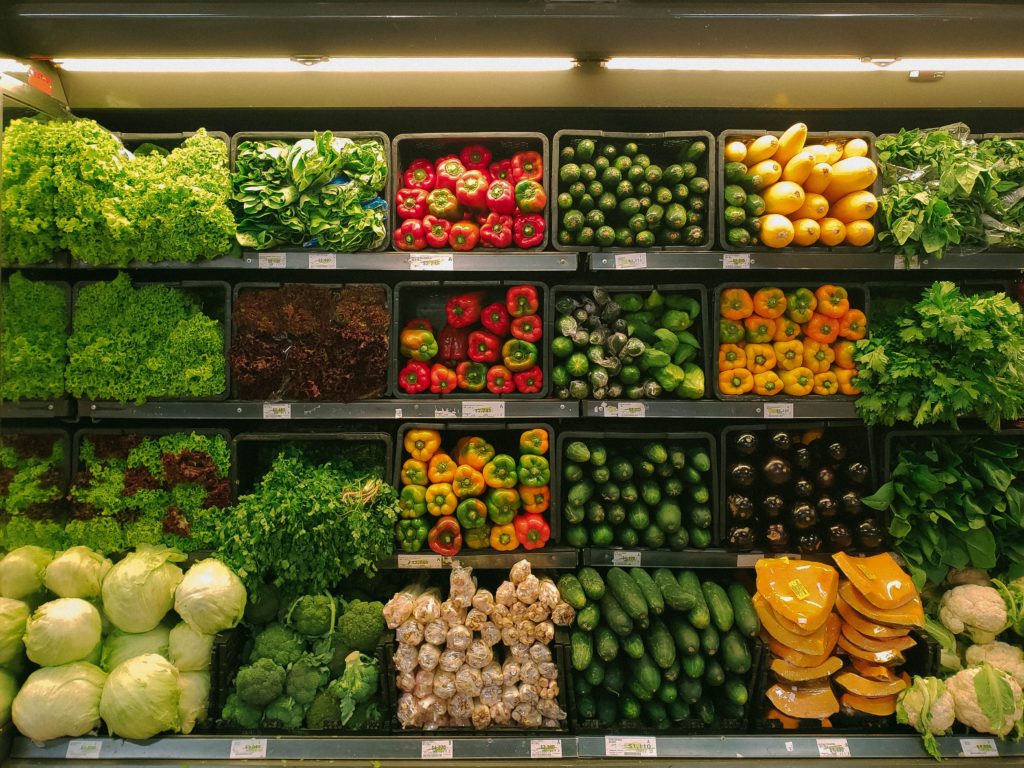Our Junk Food Addiction Is Bad News For The Planet, Study Finds
3 Mins Read
Can’t stop eating processed junk food? It’s addictive, bad for your health, and not good for the planet, a new study finds.
Processed foods taste good. It’s no accident. Food scientists exploit our preferences for salt, sugar, and fat in order to make us return to foods again and again. Science has pinpointed addictive properties in processed foods that trigger similar behavior to that of tobacco use. And just like regular tobacco use is linked to numerous and severe health risks, overly processed food — even when it’s plant-based — isn’t doing your health any favors.
“It is time to stop thinking about highly processed foods just as food, but instead as highly refined substances that can be addictive,” said Alexandra DiFeliceantonio, assistant professor at the Fralin Biomedical Research Institute at Virginia Tech, who conducted the research linking processed food addiction and tobacco addiction. Those findings are published in the journal Addiction.

UPF are not good for the planet
Now, new research, published in the journal Lancet Planetary Health, also finds those cigarette-level addictive ultra-processed foods also aren’t doing the planet any favors.
The new research looked at the 30-year American Nurses study, which included more than 90,000 participants. The reported diets and health outcomes were sorted and ranked by type of foods and frequency consumed. The researchers looked specifically at the consumption of plant-based ingredients.
Those findings were then compared with the environmental impacts of the different foods, giving each one an environmental impact score.
Beyond the health risks of consuming too many processed foods, the new research looked at various plant-based diets and their environmental impact. According to the findings, healthier plant-based diets — those rich in unprocessed whole fruits, vegetables, beans, and grains — also carried lower greenhouse gas emissions and required fewer resources including land, water, and fertilizer.
“The differences between plant-based diets was surprising because they’re often portrayed as universally healthy and good for the environment, but it’s more nuanced than that,” Aviva Musicus, co-author of the study, said in a statement.
Climate diet
“[W]e’re not asserting that less healthy plant-based diets are worse for the environment than animal-based diets. However, our findings show that plant-based diets can have different health and environmental impacts,” Musicus said.

Climate experts have been calling for ‘climate diets’ for years — mainly a shift away from animal products, which are resource intensive and produce greenhouse gases including carbon dioxide and methane. Flexitarianism — alternating proteins between animal and plants — has been gaining popularity in recent years, largely in response to climate concerns as well as health.
Daniel Wang, a co-author of the study, says the new findings could help to create new dietary guidelines that support a healthier and more sustainable food system. “Because human health ultimately depends upon planetary health, future U.S. dietary guidelines should include nuanced consideration of environmental sustainability and recognize that not all plant-based diets confer the same health and environmental benefits.”
Smoking is an environmental nightmare
Beyond the increased risks of heart disease, gum disease, high blood pressure, cancer, and the behavioral problems that accompany addiction, tobacco is also a pretty big problem for the planet. Tobacco growing is linked to deforestation; according to a 2018 study, an estimated 200,000 hectares of forest are destroyed for tobacco farming each year. Clear-cutting also produces greenhouse gases accelerating global warming. Most tobacco is also heavily sprayed with highly toxic pesticides including aldicarb and chlorpyrifos, which have been linked to threats to pollinators, including bees.
Cigarette butts are also a big problem; they’re a leading source of beach and ocean pollution, threatening biodiversity and ocean health. According to The Ocean Conservancy’s 2018 International Coastal Cleanup Report, 2,412,151 cigarette butts were collected worldwide in 2017 — an increase from the 1,863,838 butts collected the year prior. But millions more wind up in oceans and are mistaken as food by marine animals.




